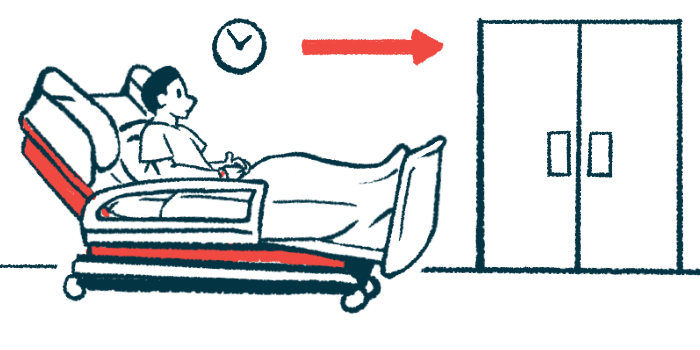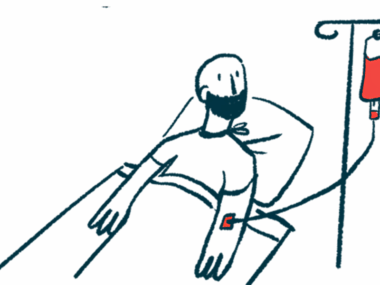Soliris effective for myasthenic crisis in 4 patients in China
All saw improvements within weeks, report says
Written by |

Treatment with Soliris (eculizumab) was effective for managing myasthenic crisis in four people with myasthenia gravis (MG) at a center in China, a study reported.
“[Soliris] exhibited a tolerable and efficacious profile in treating patients with [myasthenic crisis],” the researchers wrote, adding that “larger sample sizes and longer follow-up periods are needed for future prospective cohort studies.”
The study, “The safety and efficacy profile of eculizumab in myasthenic crisis: a prospective small case series,” was published in the journal Therapeutic Advances in Neurological Disorders.
Myasthenic crisis refers to a sudden worsening of MG symptoms. These crises can lead to life-threatening complications, including respiratory failure that may require patients to be placed on ventilatory support.
Soliris is an infusion medication that’s widely approved to treat MG; it won approval in China last year. It works by blocking the complement cascade, a part of the immune system that plays a key role in the autoimmune attack that drives MG.
Ventilators required
There isn’t much data on the use of Soliris in MG patients who start treatment during a myasthenic crisis. Here, scientists reported on four such cases.
All four patients were experiencing myasthenic crises that caused breathing difficulties, requiring them to be placed on mechanical ventilation.
The patients were initially given other immune-suppressing therapies, such as corticosteroids, and/or intravenous immunoglobulin, but these standard therapies were not effective for controlling the crises. The patients were started on Soliris in an effort to get the crises under control.
“To the best of our knowledge, this study is the first prospective case series of [myasthenic crisis] treated with [Soliris],” the researchers wrote.
In each of the four cases, treatment with Soliris was effective for helping to resolve the crisis, with patients reporting notable improvements in various measures of muscle strength and symptom severity after being on the therapy for several weeks.
Three of the four patients were weaned off mechanical ventilation after a few weeks on Soliris. Six months after the crisis, each of three was deemed to be in remission. The fourth patient, a woman in her 60s who had several other health problems, still required ventilation at night. Even though MG was generally well controlled, she died due to heart failure a few months after starting treatment with Soliris.
Biomarker data also indicated that Soliris lowered the levels of several markers of complement activation in all patients, as expected.
There weren’t any unexpected safety issues associated with Soliris in these patients, though three of them developed ventilator-associated pneumonia after starting treatment. Noting that pneumonia can be a life-threatening complication for MG patients, the researchers said “empirical intervention and close monitoring for pneumonia in [myasthenic crisis] patients undergoing [Soliris] treatment are critical to ensure their safety.”
Soliris is sold by Astrazeneca, which was not involved in the report.







Leave a comment
Fill in the required fields to post. Your email address will not be published.